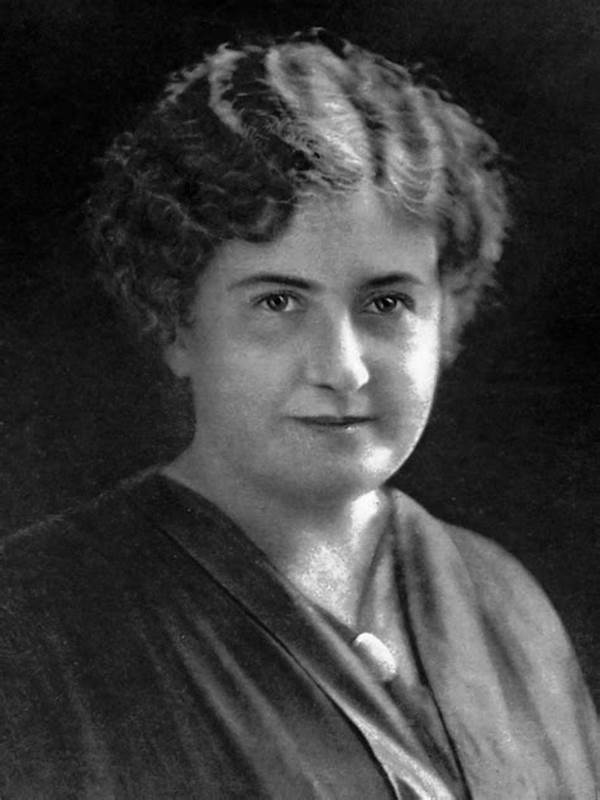Maria Montessori, an Italian physician, and educator, forever changed the landscape of early childhood education with her revolutionary Montessori method. Imagine a world where traditional desks and rigid schedules are replaced by child-sized workspaces and lessons guided by curiosity. Picture a classroom where each tiny desk is not just a place to sit, but a portal to exploration and creativity. In such a world, Maria Montessori envisioned children as natural learners, brimming with potential, ready to shape our future.
Read More : How Montessori Supports Sibling Cooperation
So, what makes the Montessori method a topic of such persistent attention? Why, over 100 years since its inception, do parents, educators, and policymakers still look to it as a beacon of child-centered learning? Let’s delve into the unique selling points of Montessori education, navigating through the fascinating layers of why and how it continues to entice and engage communities worldwide.
In the realm of education marketing, Montessori’s story is both enticing and emotionally charged. It’s not merely a story of a teaching method; it’s a narrative of empowering young learners to discover their world through self-directed learning. Montessori classrooms become microcosms of society where children, each on their path, learn not only academics but also grace, courtesy, responsibility, and independence. Talk about a compelling narrative and more importantly, one that many parents desire for their children!
The Montessori Philosophy: Cultivating Each Child’s Potential
As we dissect the psychology behind Maria Montessori’s approach, we find a commitment to unveiling a child’s intrinsic motivation. The Montessori method integrates freedom with responsibility, permitting children to learn at their rhythm—a key ingredient in fostering lifelong learners. It is no wonder that many who experienced Montessori as children often continue to speak highly of their journeys with testimonials highlighting the joy and sense of discovery they felt.
When it comes to closing the educational sales pitch, the Montessori method offers something unique—an emotional hook. It promises not just academic growth, but holistic self-development—the kind of enriching childhood experience that prompts both interest and action from enthusiastic parents around the globe.
Exploring the Objectives of the Montessori Method
Establishing a Child-Centric Educational Environment
The Maria Montessori approach is not simply a teaching method; it’s a philosophy designed to create a learning environment tailored to each child’s unique needs. Picture the science behind a classroom that acts as a catalyst for exploration and discovery, which turns the mundane into exciting investigations, making learning addictively fun.
Empowerment Through Education: The Core Principles
Central to Montessori’s objectives is the value of empowering each and every child. Educational empowerment through self-choice, self-paced learning, and a robust emphasis on the child’s psychological development offers parents no less than a utopian education dream, wrapped in the promise of an independent, creative child.
A Deep Dive into Montessori Practices
As we dissect these principles further, we see the subtle, ingenious interplay of didactic materials and intrinsic motivation. The use of hands-on learning and collaborative play fosters not only cognitive but also social-emotional skills—a proven approach to raising competent, collaborative, and confident future citizens.
Maria Montessori wasn’t merely offering a different method, she was addressing innate human needs for connection and engagement within learning experiences. She masterfully balanced cognitive demand and emotional nurturing, making Montessori environments spaces where children thrive emotionally and intellectually.
Ten Fascinating Details About Maria Montessori
Delving Deeper Into Montessori’s Legacy
An Educator for All Seasons
In a world continually evolving with educational trends, Maria Montessori’s insights remain timeless and pertinent. Her influence transcends mere pedagogical theory, representing a harmonious way of encompassing the psychological and social needs of children within the learning framework.
Montessori didn’t only see children for what they could be, but fully embraced and acknowledged their current selves. In harnessing natural instincts and curiosity, Montessori paved a path for education that is as effective today as it was revolutionary then.
The Impact of Montessori Practices in Modern Curriculum
In unpacking Maria Montessori’s educational blueprint, a focus on her enduring legacy reveals key influences within contemporary education models. Attributes such as individualized learning plans, emphasis on critical thinking and problem-solving, derive roots from Montessori principles. Within today’s educational frameworks, homeschoolers to innovative tech academies find resonance with Montessori’s child-centered focus.
Maria Montessori believed that education extends beyond delivering information; it’s about nurturing a love and respect for learning. In understanding her legacy, we find that the heartbeat of her methodology lies in forming multifaceted, enriched human beings ready to contribute positively to society.
Maria Montessori: 7 Key Principles
The depth of Maria Montessori’s work provides more than simple pedagogical guidance; it offers an invitation into a world where education is as engaging as it is enriching. Montessori education caters to a child’s holistic growth, igniting a lifelong love for learning and peace building, preparing them not just for grades—but for life.
Through this reflective journey on Maria Montessori’s revolutionary approach, we unlock stories, methods, and testimonials that have shaped modern education. So, let’s take action! Engage with Montessori’s insights and explore how they may enrich the lives of our future generations.
